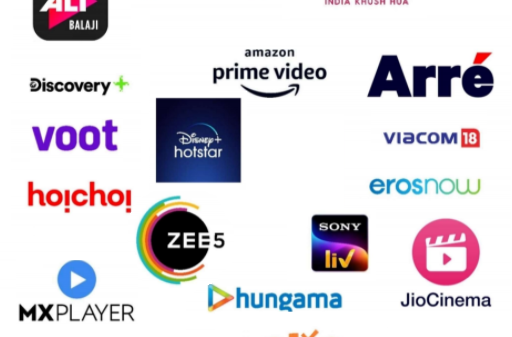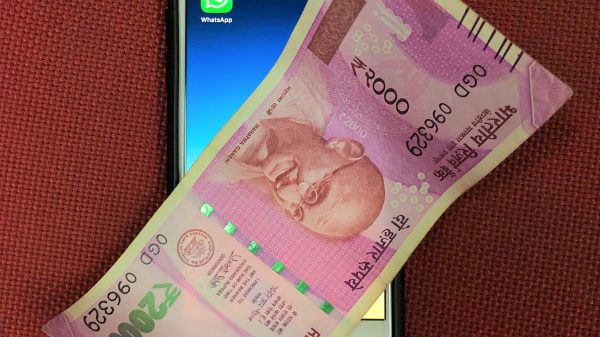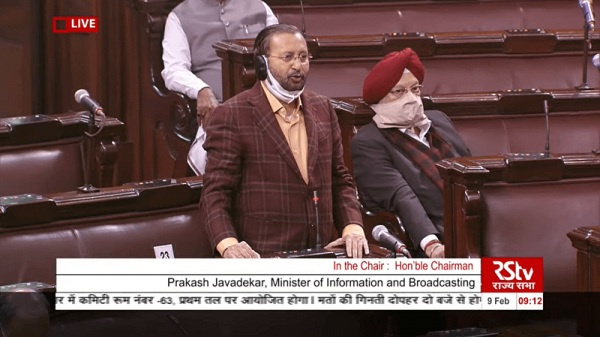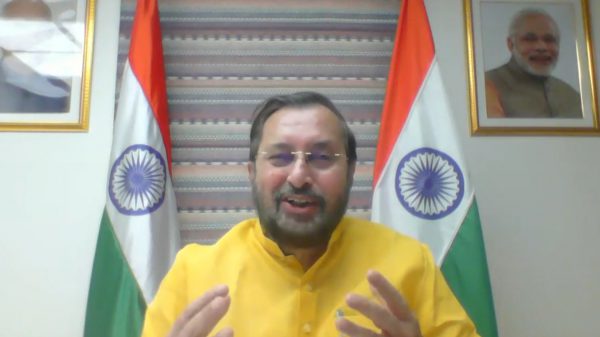The Internet and Mobile Association of India on Thursday put out an “Implementation Toolkit” for its self-regulation code for streaming services. That code, which most major curated streaming services in India have already signed onto, has not been given a nod by the Ministry & Information & Broadcasting due to a perceived lack of independence in appeals bodies within streaming services as laid out in the code, and because the code doesn’t say what kind of content is prohibited. The implementation toolkit addresses these concerns by advising streaming services to have at least as many external independent members in their complaint bodies as internal members, and by including a list of laws applicable to content online.
Introduction and purpose: The toolkit is a supplement to the Code for Self-Regulation of Online Curated Content Providers, signed on September 2, 2020. The purpose is to set out guiding principles and a code of ethics for participants, provide for compliance procedures, help members in fulfilling requirements of the code, and achieve effective self-regulation.
IAMAI Secretariat: IAMAI will institute a Secretariat with representatives of signatories to the code, with additional staff for administrative purposes. The Secretariat shall be tasked with:
- helping members comply with the code
- developing a process to seek updates on compliance
- providing and update a list of laws applicable to signatories
- train signatories on the applicable laws
- carrying out campaigns to educate consumers on parental control features and grievance redressal mechanisms
- making sure details of members’ point of contact in India is available readily on IAMAI’s website as well as the member’s website
- guiding consumers and regulators on the grievance redressal mechanism
- encourage non-members to sign on
- update the toolkit as and when needed
Grievance redressal: In case grievances are reported to the IAMAI, the association will redirect the case to the member concerned. Members shall have a customer complaints department or an Internal Committee at the first stage, to consider complaints. At the second stage, there shall be an Advisory Panel to take in appeals from the first stage. External advisors who are experts in various fields should be empanelled. Multiple such Panels may be created, and it is advised that external members account for at least half the members of such Panels, which should have at least three people. Additionally:
- all Advisory Panel members are required to participate in meetings, and decisions will be taken by a simple majority
- the decision of the Advisory Panel shall be implemented within seven days, failing which the member shall record in writing the reason for delay
- the external member shall be the chairperson of the advisory panel. Their powers will be to convene and adjourn meetings, and ensure their smooth conduct.
- meetings can take place in person or digitally
- both tiers of complaint bodies can seek legal advice internally or externally, and will be entitled to confidentiality on the advice they receive
Legal compliance: Signatories have to adhere to laws as laid out as below (toolkit annexure has the detailed descriptions of each provision):
- Information Technology Act, 2000: Sections 67, 67A, and 67B (publishing obscene material, sexually explicit acts, and material sexualising minors)
- Indian Penal Code, 1860: Sedition, promoting enmity between groups, prejudicing national integration, public mischief, sale of obscene publications, sale of such material to minors, disclosing identity of victims of some offenses, defamation, libel, and false statement in relation to an election
- Indecent Representation of Women (Prohibition) Act, 1986: Prohibits ads containing indecent representation of women, and printed materials containing the same.
- Contempt of Courts Act, 1971
- Representation of the People Act, 1951: Restriction on publishing exit poll results
- Prevention of Insults to National Honour Act, 1971: Covers insults to the Indian flag and constitution
- Unlawful Activities (Prevention) Act, 1967: “Punishment for unlawful activities”
- Official Secrets Act, 1923: Wrongful communication of information
- Criminal Law Amendment Act, 1961: “Questioning the territorial integrity or frontiers of India in a manner prejudicial to the interests of safety and security of India”
- Police (Incitement to Disaffection) Act, 1922: Penalty for causing disaffection
- Emblems and Names (Prevention of Improper Use) Act, 1950: Prohibition of improper use of emblems and names
- Scheduled Castes and Scheduled Tribes (Prevention of Atrocities) Act, 1989: Punishment for offences of atrocities
- Protection of Civil Rights Act, 1955: Punishment of offences arising out of the practice of untouchability
- Protection of Children from Sexual Offences Act, 2012: Producing, storing child pornography, and procedure for media to deal with minors
- Juvenile Justice Care and Protection Act, 2015: Prohibition on disclosing children’s identity
Training and consumer awareness: Members undertake to create training materials for their staff and carry out training programs on how to comply with the code. All signatories will upload details of customer complaints department and/or advisory panels on their websites, and put out videos to educate consumers on parental controls and discretion. Specific audiences for awareness programs like parent associations and schools are suggested.
Compliance timelines and audit: Compliance shall be as per the timeline set out in the code. The IAMAI reserves the right to get a subscription to all the streaming service members to verify their compliance. IAMAI will ask for compliance updates every three months, and members will provide a self-declaration of compliance every year.
The Signatories who have acceded to this Code at the time of its introduction on September, 4, 2020, shall be required to comply with its provisions by September 4, 2021, and shall carry out the first IAMAI Audit and the Code Compliance Audit for the period effective September 4, 2021 to March 31, 2022. Following this, the Signatories shall carry out the IAMAI Audit and Code Compliance Audit for each financial year. — Implementation Toolkit
I&B Ministry will be provided a consolidated compliance report for all members every year.
Read the Implementation Toolkit
Also read



















